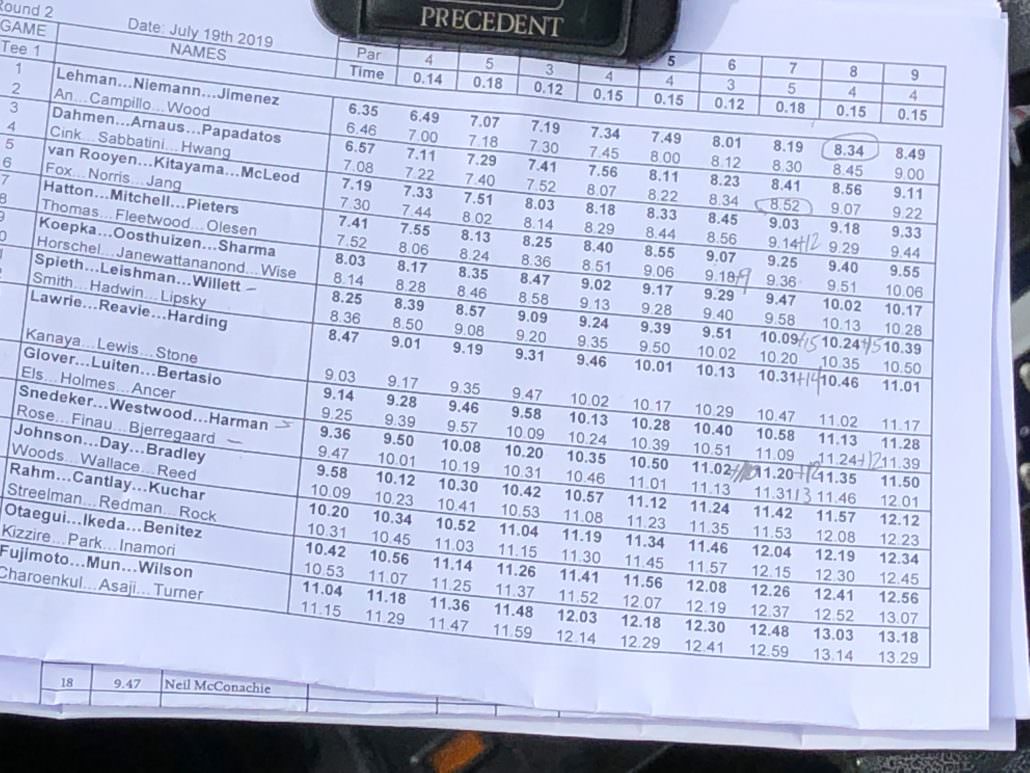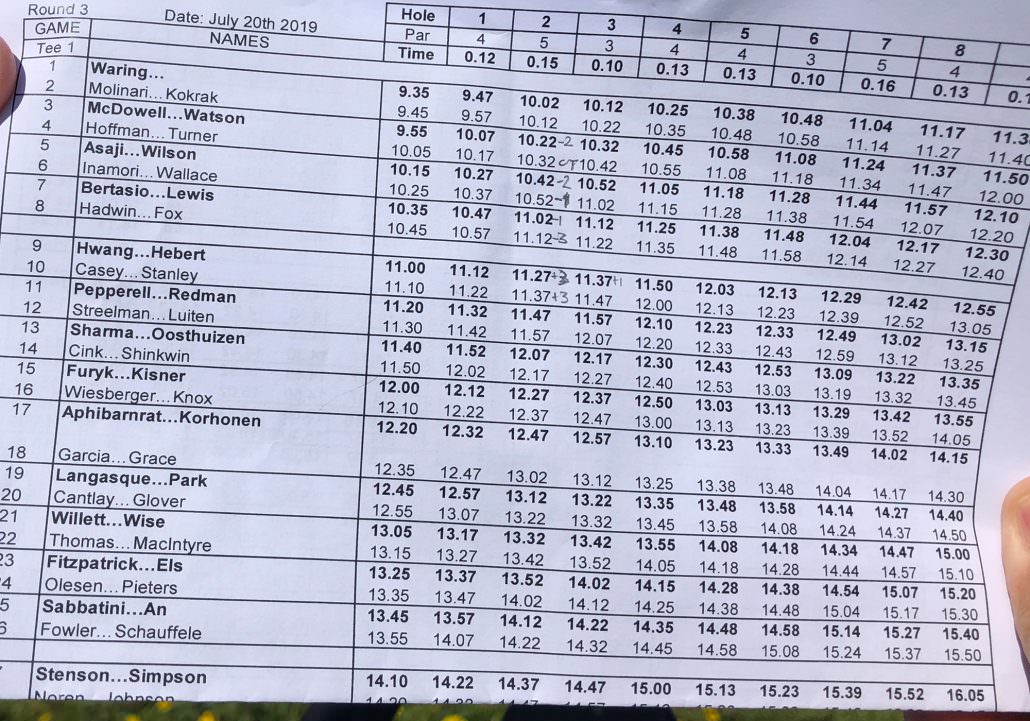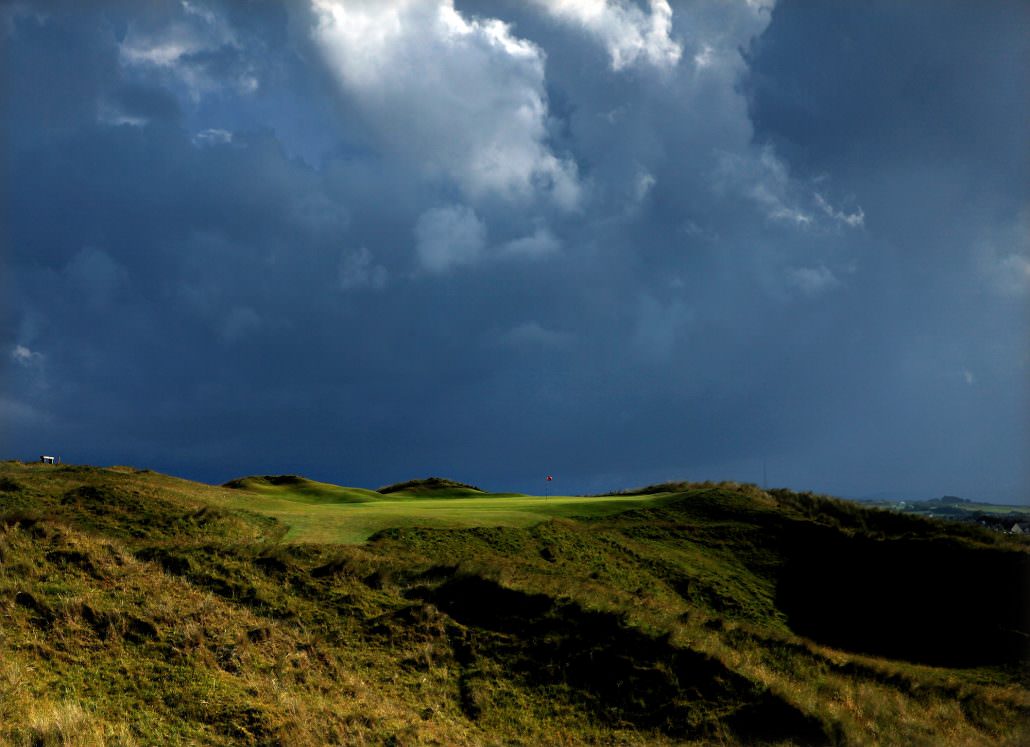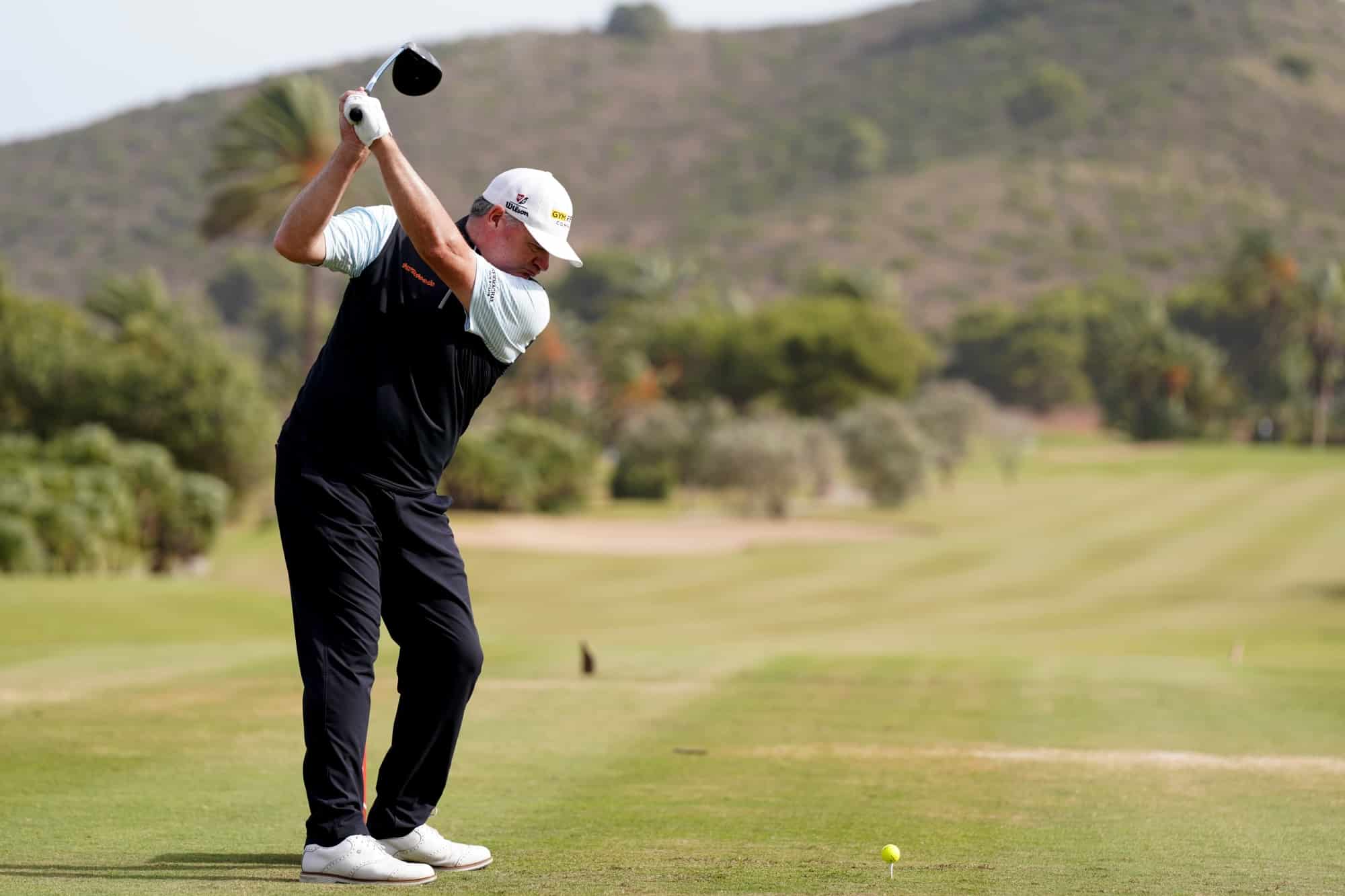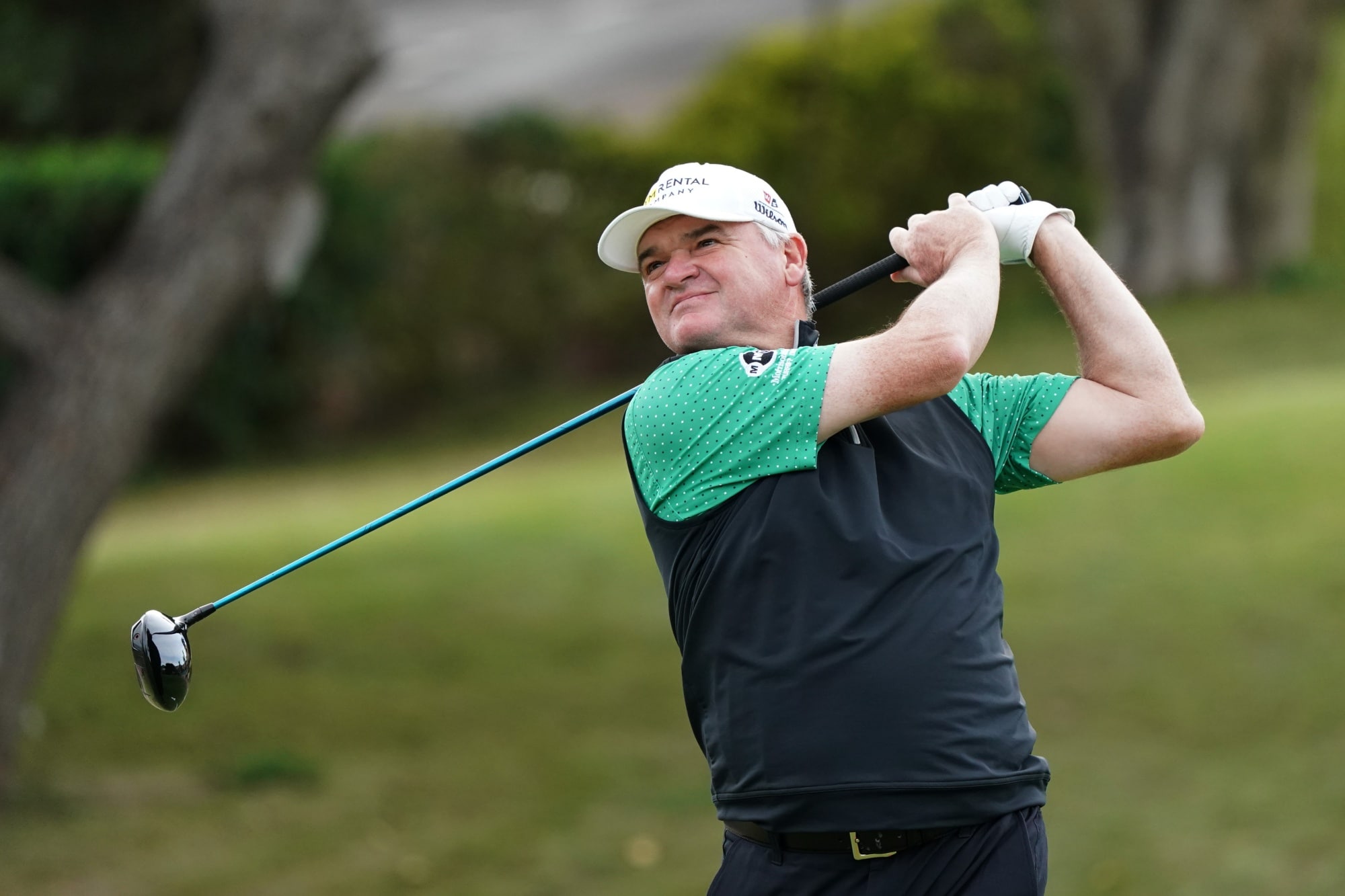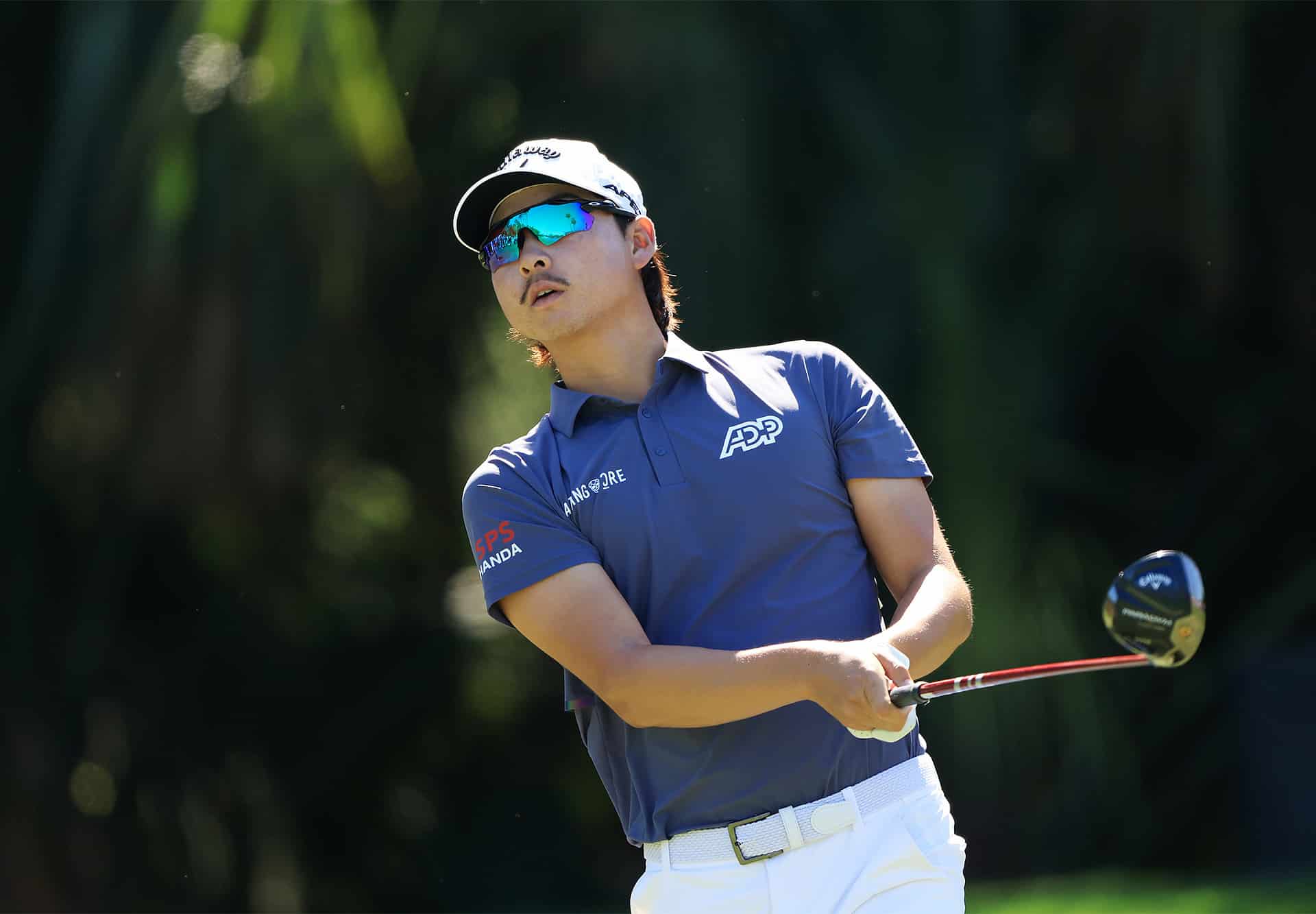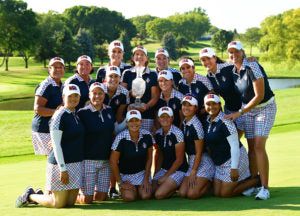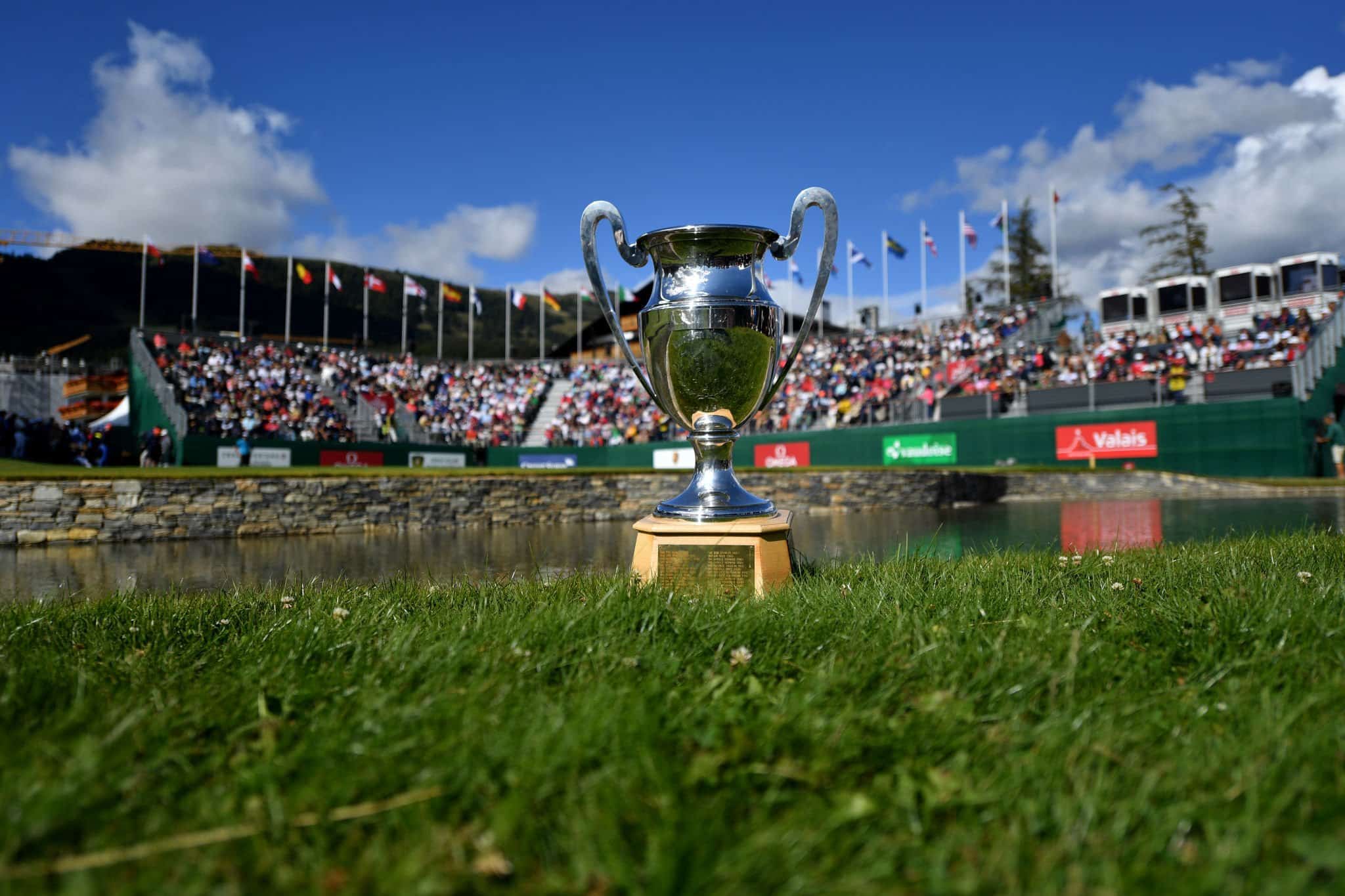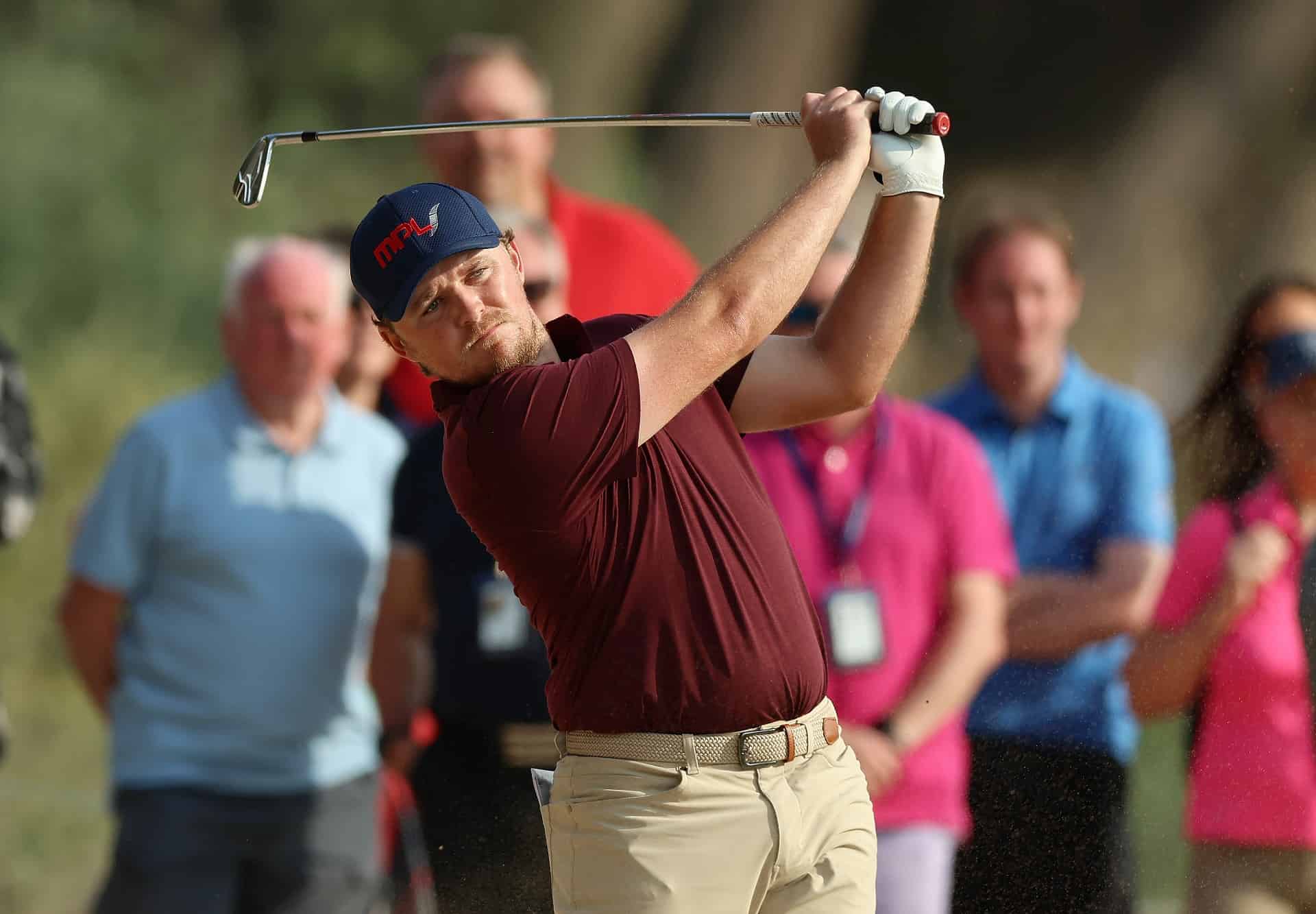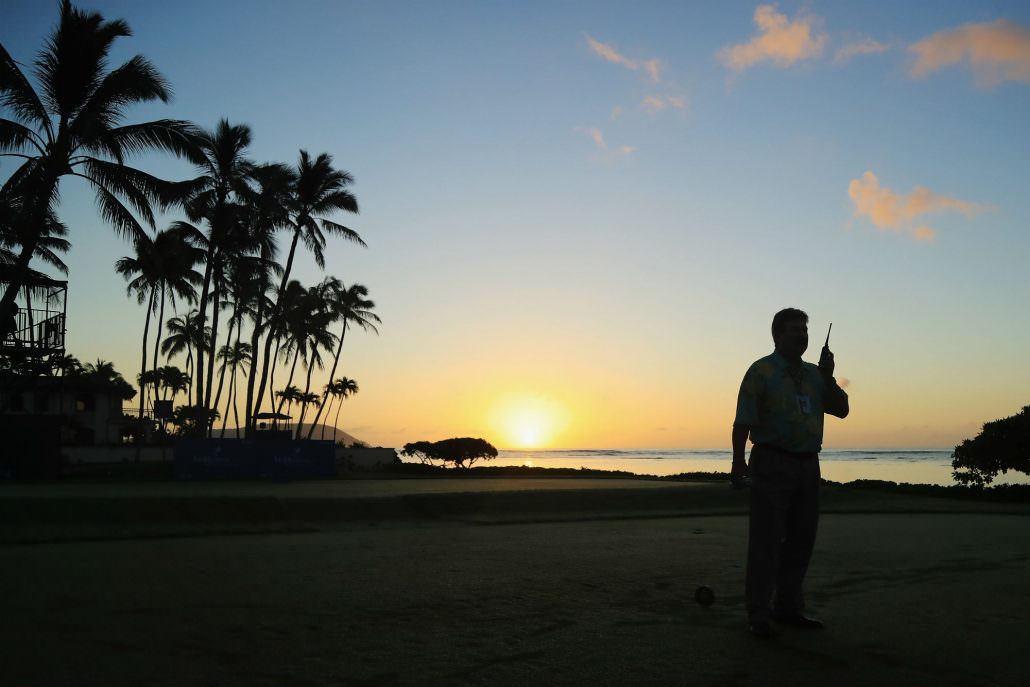
Simplistic, unenforceable and unfair: Slow play penalties are not the answer
“We’ve had guys that have played with slow players, that play slow on purpose to put them on the clock, so the group will play fast. They want to play fast. And that’s their version of combating slow play – they will play even slower.” – Tiger Woods.
I used to write a column with a player who was on the verge of making Europe’s Ryder Cup team back in 2010.
For the record, he was one of the quickest players on tour.
I wanted to tackle slow play one month and I had half-written the piece in my head before our chat: it would be the usual soundbites aimed at the usual suspects before closing the argument with the need for penalty shots for culprits.
But no. He persuasively argued that tour players weren’t that slow after all. Factors included the rough, the occasional caddie, the lack of a spotter and the walks between holes – he’d just returned from a 7,500-yard course.
It jolted my lazy brain and now I’m very much in the camp that the issue is overblown.
Thanks to a combination of the golf media, social media and the outspoken likes of Rory McIlroy and Brooks Koepka, Bryson DeChambeau will now always have a number on his back.
But like the PGA Tour referee Slugger White, I dread the day that shot penalties are doled out given how hard these things are to measure.
“I hate slow play as much as the next guy but I can’t agree with the idea of hitting players with penalty strokes,” he said to Golf Digest.
“Maybe it’s because I was a player once, but I envision these horrible trickle-down effects. Say there’s a player who barely squeezes into the top 125 of the final FedEx Cup points standings because he made a couple of thousand dollars more at a tournament than the player right behind him on the list.
“Imagine if he’d been hit with a one-stroke penalty at a key moment because he was two seconds over his time. Say the penalty cost him $5,000. Suddenly he’s so far down the FedEx Cup point list he doesn’t have a place to play the following year, which in turn might mean his kid can’t go to college, or he can’t put a down payment on that decent house. Or worse. Basically it means you’ve drastically affected the guy’s life with the click of a stopwatch. I’m all for looking at fine structures, maybe increasing them. But determining his fate with a stopwatch to me is a little harsh,” he said.
He probably doesn’t “hate slow play as much as the next guy” but I agree.
Some of us think the current recommendation of 40 seconds, or 50 for the first player in the group to hit, is too quick. A minute would be more reasonable.
Some players know how to play the system. Others are more naïve.
Some will be plain unlucky. For example, let’s say you’re a particularly quick player and you’ve been trying to hurry your threeball along all day. Suddenly you need a little bit longer to play a certain shot. You get a bad time for it and suddenly you’re the bad guy.
There is a perception that the authorities are soft on the issue. So at last month’s Open Championship, I did my own research and spent much of the week out on the course.
Dotted around the links were a collection of roving referees who appear to be the most senior ones – your John Paramors, and Slugger Whites and Mark Russells.
Each group has a front AND back referee. They are in place to address rules queries and ensure that the allotted pace of play is being adhered to.
One kindly roving referee was good enough to show me what the timings were for that day’s threeball. The R&A’s pace of play manual suggests that: “The starting interval should not be shorter than the time it should take to play the quickest hole on the course, and this becomes particularly relevant when that hole features early in the round.”
On Thursday and Friday, the threeballs went out in 11-minute intervals before going down to 10 for the weekend.
There were 156 players to get round, all starting from the same tee.
The R&A allotted four hours and 27 minutes for threeballs and three hours and 49 minutes for a two.
Generally speaking, a twoball had two minutes less per hole.
In real life, golf doesn’t always tally with what is written down in a manual. Barking at the players for not getting round in these times is unfair.
Take the 5th, Portrush’s signature hole. ‘White Rocks’ is pretty on the eye with the beach just the wrong side of a slightly clean wedge. We all love a drivable par 4, but they do create an issue for pace of play. It was a call-up hole, meaning that when one group reached the green they stood aside to allow the group behind to tee off.
I watched one threeball do nothing for over five minutes and nobody behind got anywhere near the putting surface.
To slow things up a little more, the next hole was a par 3, the second short hole in the first half dozen.
I following the Robert Rock, Doc Redman and Kevin Streelman threeball on Thursday.
I timed one Rock 20-foot putt at the 6th. He was the second player to putt so had done his homework already and it took 33 seconds. Within another few seconds, with the flagstick in, a three was on the card. I would politely suggest that very few players would be as quick in their Saturday medal or even trying to rescue a point in the midweek Stableford.
I timed the whole group as they played the long par-5 7th. The time allocated to this hole was 18 minutes. On the day, it was way out of reach in two shots.
Nothing out of the ordinary happened. One player drove into a fairway bunker, there was no need to wait for any laying up, everyone played their shot within the allocated time – 50 seconds for the first player and 40 thereafter. Redman actually made a birdie.
Yet it took them 18 minutes and 48 seconds – nearly a minute over time.
The following day at the same hole, with Patrick Reed in trouble down the right, Woods had to wait more than three minutes before being able to hit. And, as often is the case when you have to wait on a shot, the 15-time major winner then pulled it left and made six.
Through nobody’s fault, it took them just shy of 20 minutes.
Wandering in from the far corner of the course I came across Patrick Cantlay playing the 10th. This will be good, I thought. Here was one of the supposed slowcoaches. A player who has been known to take 15 looks at the hole before pulling the trigger and of whom Sir Nick Faldo said: “You’ll have time to make a coffee before he hits the ball.”
His approach to the 11th, a long iron to a tricky green, took a total of 24 seconds. It was the same on the tee, everything was under time. If anything, you would have described him as quick. When first to putt it took him 41 seconds to make contact with the ball.
Maybe the shots I timed were atypical. Or maybe he’s worked on speeding up his routine.
My final piece of bookkeeping came at ‘Calamity Corner’ where a sudden squall left Matt Wallace’s caddie, Dave McNeilly, having to pull out the waterproofs, hold an umbrella up to help his man get them on, and then put on the bag cover.
Wallace continued to the green and got on with his work while McNeilly did his stuff. I didn’t actually time this one as I was too busy getting soaked but it was another case of efficiency over sluggishness.
I fell into conversation with an on-course reporter who had played in a number of Opens and he reckoned that they were round in three-and-a-half hours at the very most back in the early 1990s.
Then he looked round at all the people inside the ropes – I counted something over 30 for Tiger’s group – plus the spectators, walkways, cranes, tented villages.
“Have a look round, I don’t see how they could be any quicker,” he said.
One of the rounds of the championship saw Rory McIlroy make his incredible push to make it to the weekend. McIlroy was round in 65 shots. Should we start to get a bit huffy when we discover that the whole thing took five hours and one minute or do we just enjoy it for what it is?
Saturday provided a different dynamic. Out first were Paul Waring and the Royal Portrush pro Gary McNeill, as a marker. This would be interesting. Surely they would fly round, especially with a clear course in front of them.
It took them three hours and 55 minutes – six minutes longer than the recommended time.
For the record, they finished a good couple of holes ahead of the next group out.
And what of our champion Shane Lowry and Tommy Fleetwood in the last group of the last round?
They were round in four hours and 25 minutes. That’s 36 minutes over the target.
From where I was watching, that was some effort given the weather, occasion and playing behind someone who is not only notoriously slow but was also busy shooting an 87.
Yes, I know that all of the above is anecdotal. But I also speak as somebody who has been watching professional golf since the 1980s.
If I’ve learned anything in that time it’s that sometimes, and whisper it gently, things aren’t always as obvious as they seem.
Mark Townsend
Been watching and playing golf since the early 80s and generally still stuck in this period. Huge fan of all things Robert Rock, less so white belts. Handicap of 8, fragile mind and short game

